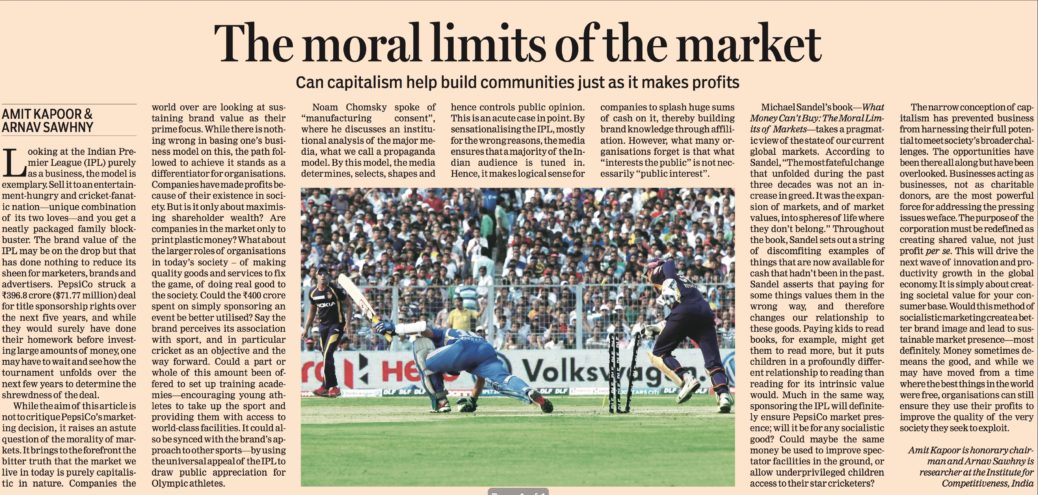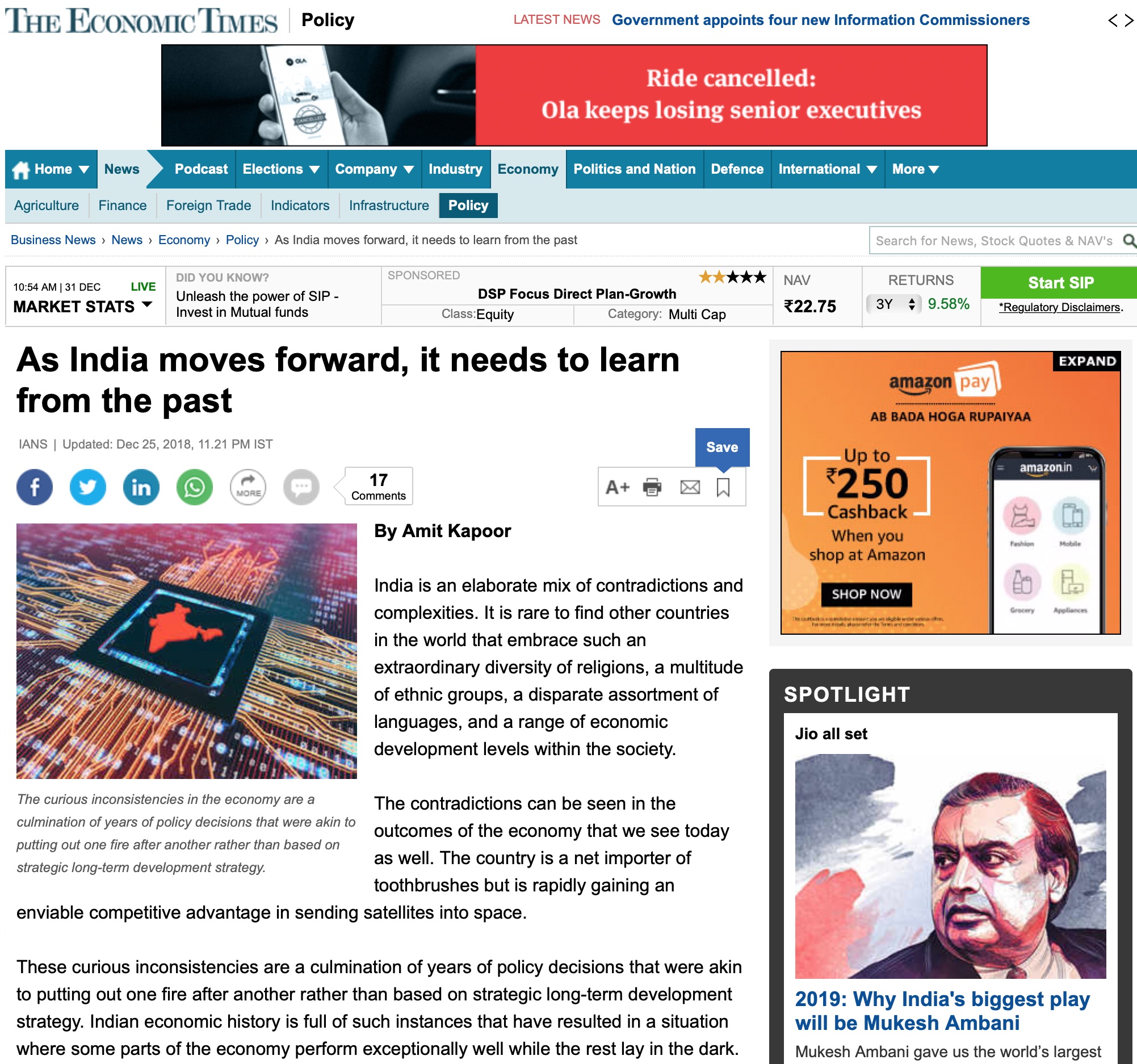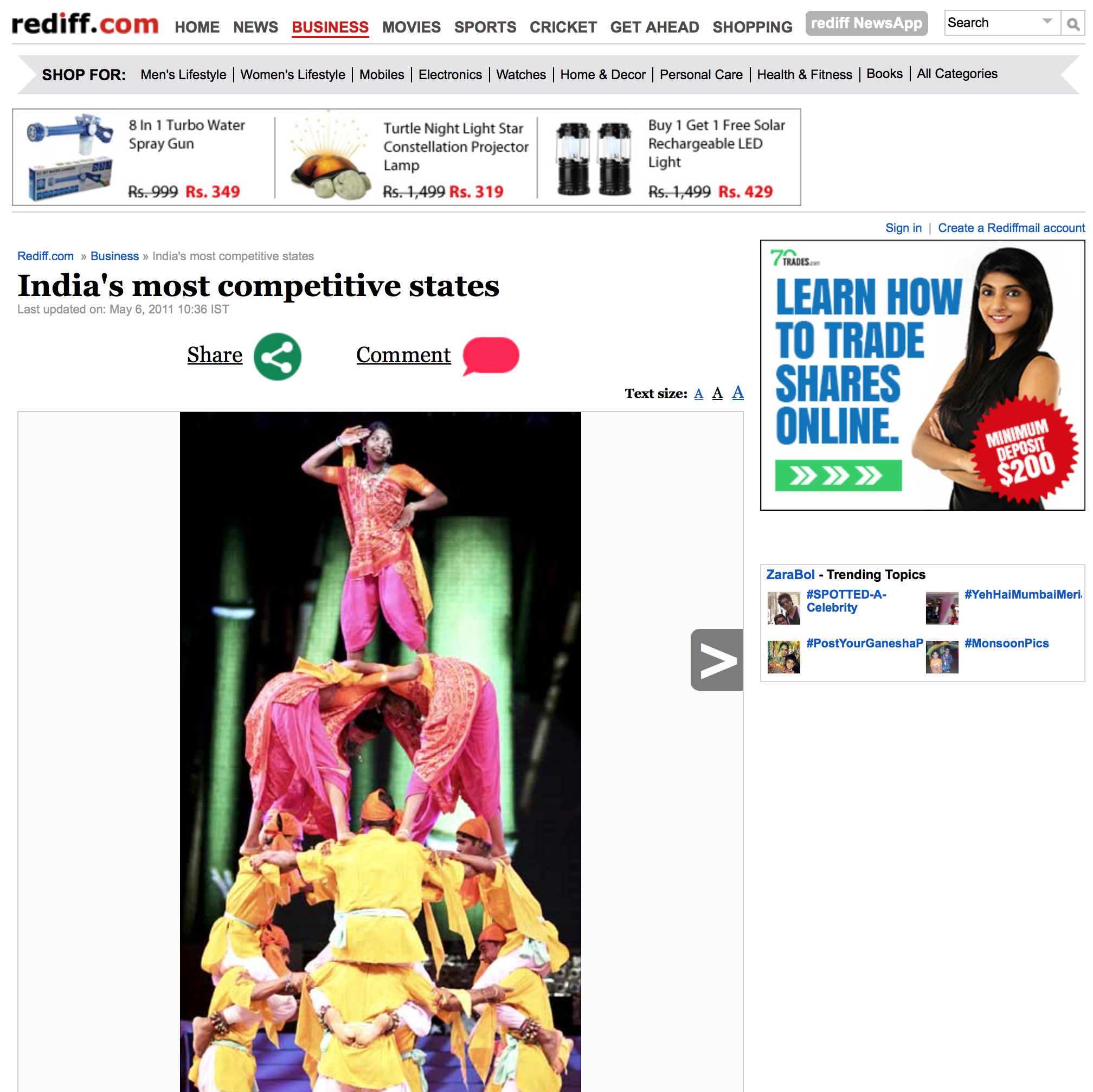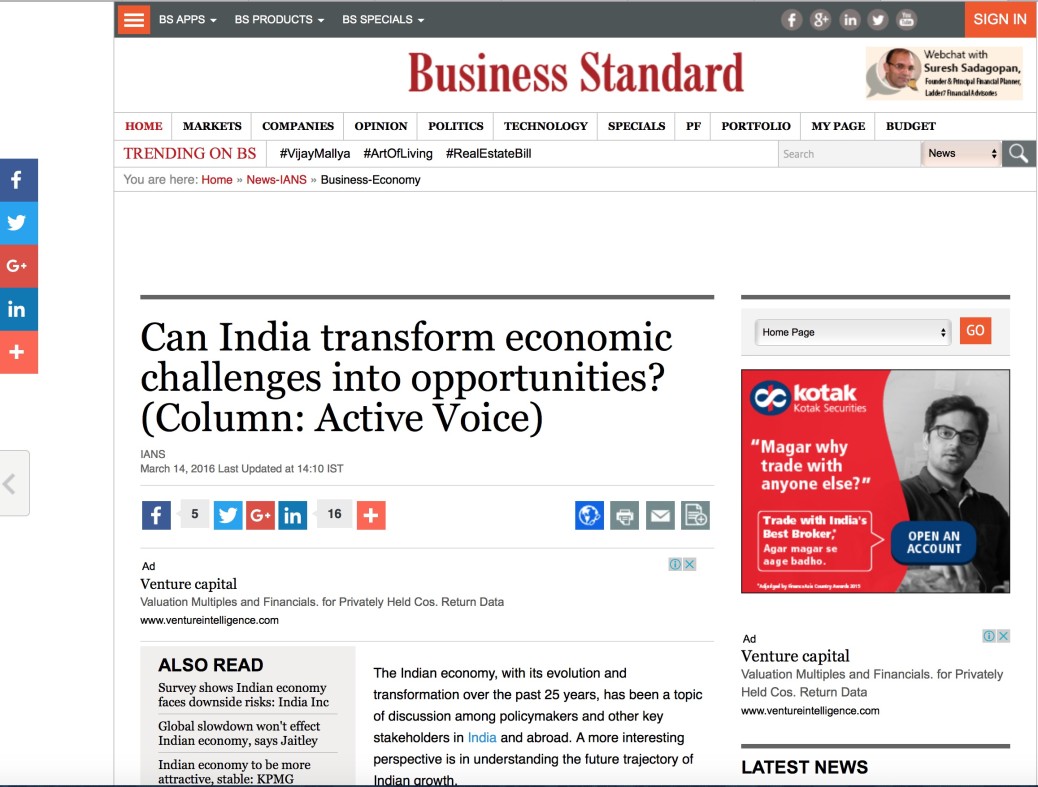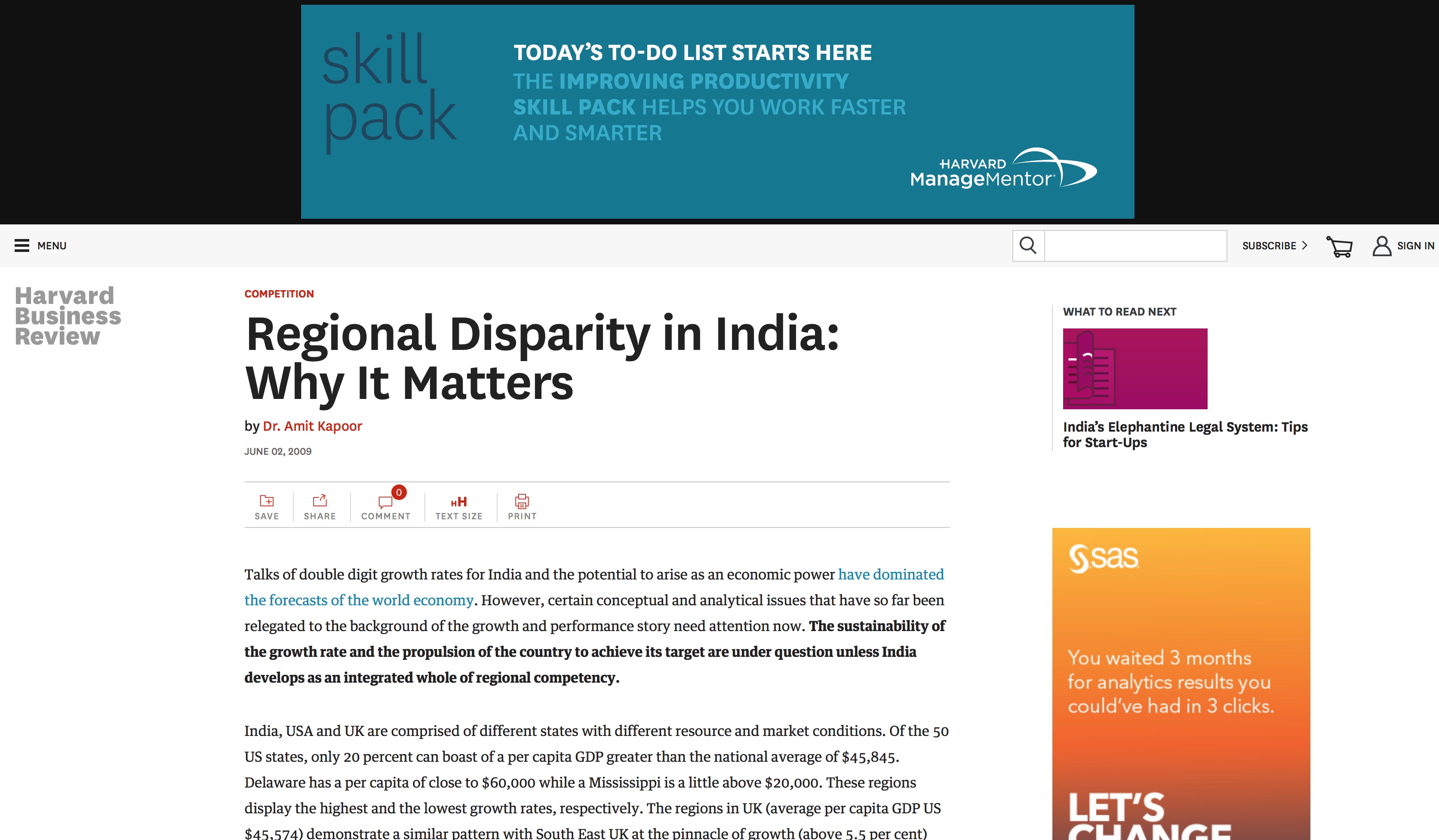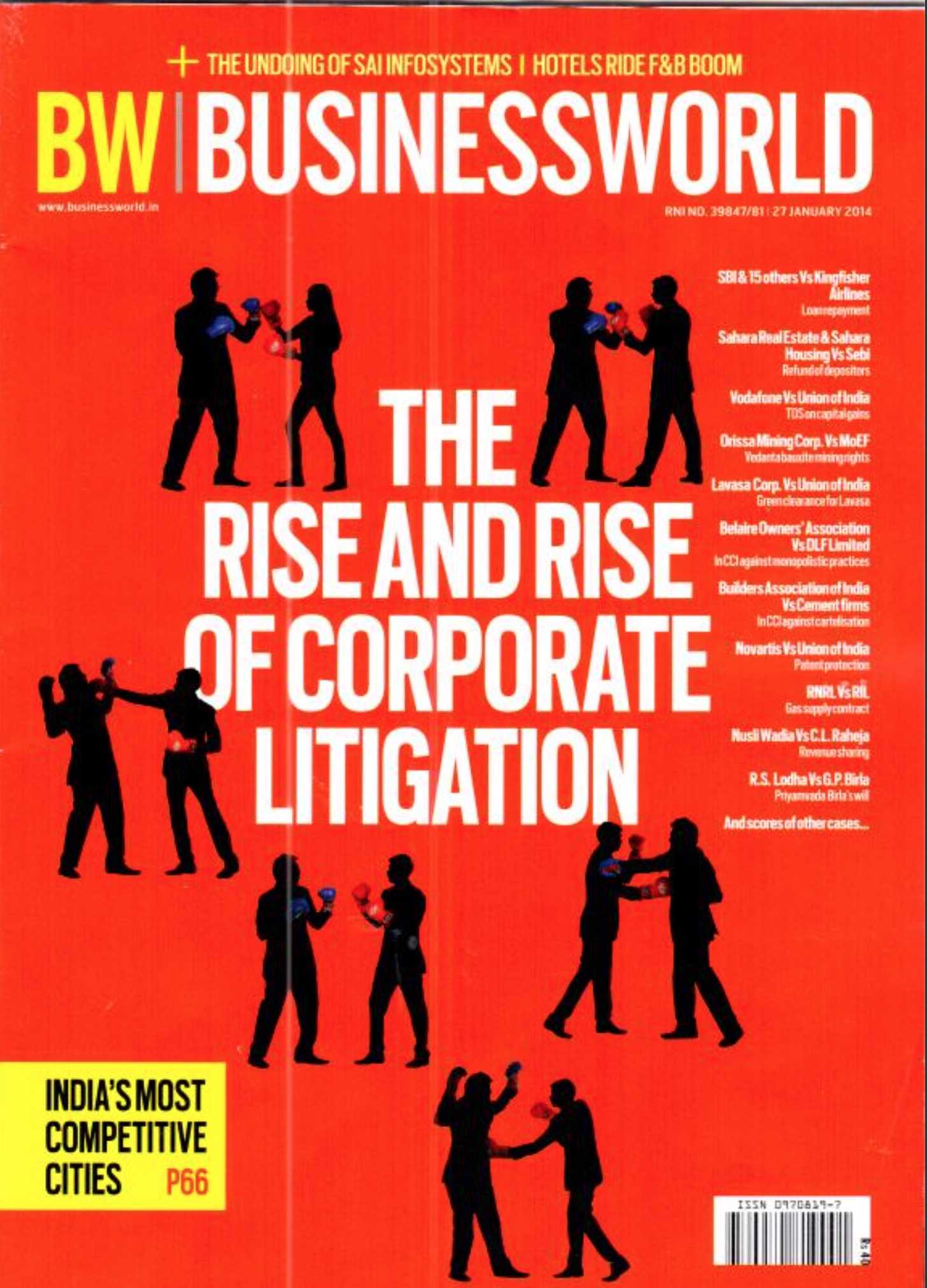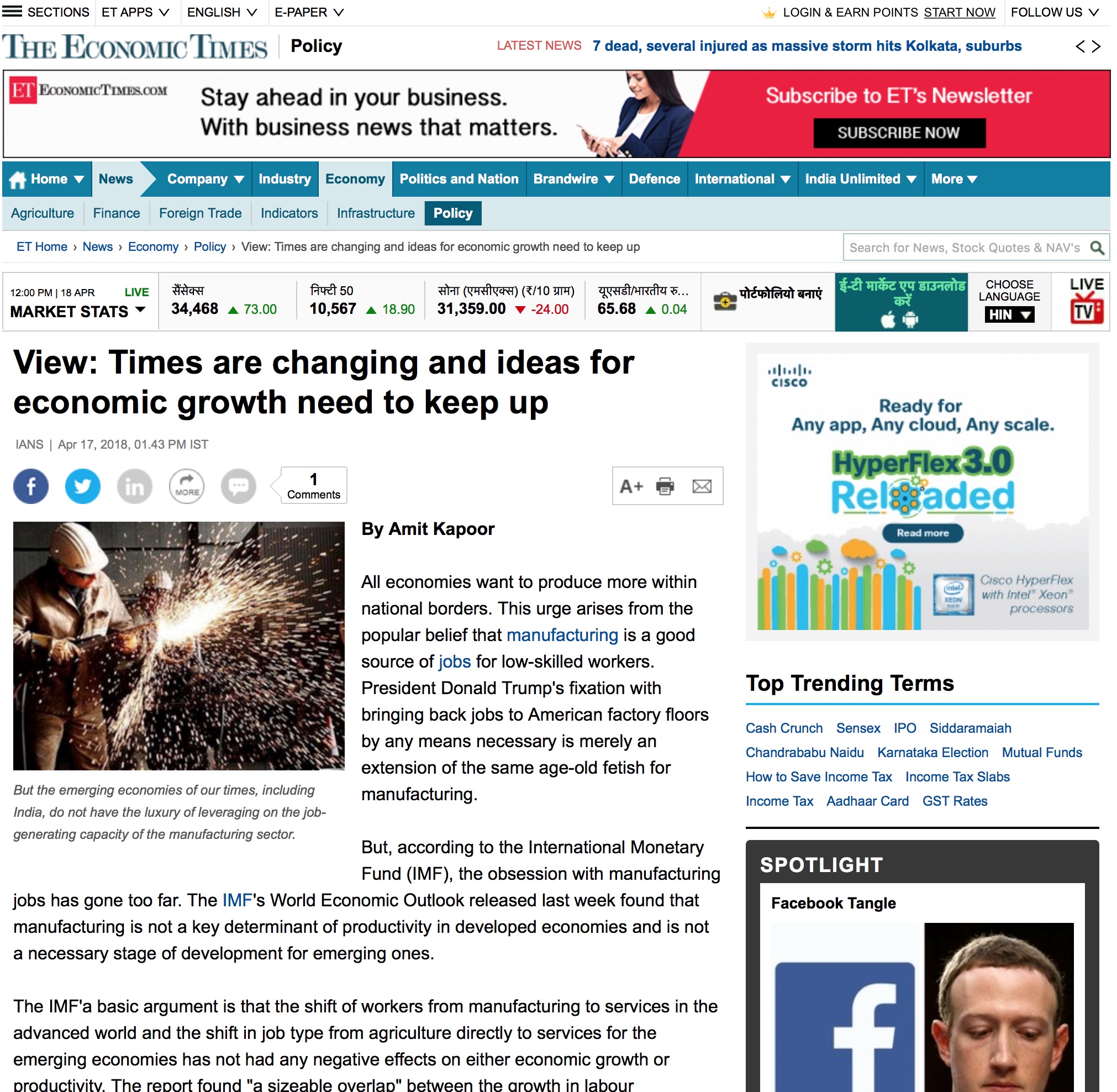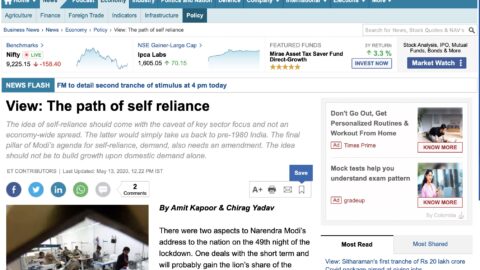Can capitalism help build communities just as it makes profits
Looking at the Indian Premier League (IPL) purely as a business, the model is exemplary. Sell it to an entertainment-hungry and cricket-fanatic nationunique combination of its two lovesand you get a neatly packaged family blockbuster. The brand value of the IPL may be on the drop but that has done nothing to reduce its sheen for marketers, brands and advertisers. PepsiCo struck a R396.8 crore ($71.77 million) deal for title sponsorship rights over the next five years, and while they would surely have done their homework before investing large amounts of money, one may have to wait and see how the tournament unfolds over the next few years to determine the shrewdness of the deal.
While the aim of this article is not to critique PepsiCos marketing decision, it raises an astute question of the morality of markets. It brings to the forefront the bitter truth that the market we live in today is purely capitalistic in nature. Companies the world over are looking at sustaining brand value as their prime focus. While there is nothing wrong in basing ones business model on this, the path followed to achieve it stands as a differentiator for organisations. Companies have made profits because of their existence in society. But is it only about maximising shareholder wealth Are companies in the market only to print plastic money What about the larger roles of organisations in todays society of making quality goods and services to fix the game, of doing real good to the society. Could the R400 crore spent on simply sponsoring an event be better utilised Say the brand perceives its association with sport, and in particular cricket as an objective and the way forward. Could a part or whole of this amount been offered to set up training academiesencouraging young athletes to take up the sport and providing them with access to world-class facilities. It could also be synced with the brands approach to other sportsby using the universal appeal of the IPL to draw public appreciation for Olympic athletes.
Noam Chomsky spoke of manufacturing consent, where he discusses an institutional analysis of the major media, what we call a propaganda model. By this model, the media determines, selects, shapes and hence controls public opinion. This is an acute case in point. By sensationalising the IPL, mostly for the wrong reasons, the media ensures that a majority of the Indian audience is tuned in. Hence, it makes logical sense for companies to splash huge sums of cash on it, thereby building brand knowledge through affiliation. However, what many organisations forget is that what interests the public is not necessarily public interest.
Michael Sandels bookWhat Money Cant Buy: The Moral Limits of Marketstakes a pragmatic view of the state of our current global markets. According to Sandel, The most fateful change that unfolded during the past three decades was not an increase in greed. It was the expansion of markets, and of market values, into spheres of life where they dont belong. Throughout the book, Sandel sets out a string of discomfiting examples of things that are now available for cash that hadnt been in the past. Sandel asserts that paying for some things values them in the wrong way, and therefore changes our relationship to these goods. Paying kids to read books, for example, might get them to read more, but it puts children in a profoundly different relationship to reading than reading for its intrinsic value would. Much in the same way, sponsoring the IPL will definitely ensure PepsiCo market presence; will it be for any socialistic good Could maybe the same money be used to improve spectator facilities in the ground, or allow underprivileged children access to their star cricketers
The narrow conception of capitalism has prevented business from harnessing their full potential to meet societys broader challenges. The opportunities have been there all along but have been overlooked. Businesses acting as businesses, not as charitable donors, are the most powerful force for addressing the pressing issues we face. The purpose of the corporation must be redefined as creating shared value, not just profit per se. This will drive the next wave of innovation and productivity growth in the global economy. It is simply about creating societal value for your consumer base. Would this method of socialistic marketing create a better brand image and lead to sustainable market presencemost definitely. Money sometimes demeans the good, and while we may have moved from a time where the best things in the world were free, organisations can still ensure they use their profits to improve the quality of the very society they seek to exploit.
The article published with Financial Express on December 28, 2012.
by Amit Kapoor & Arnav Sawhny

